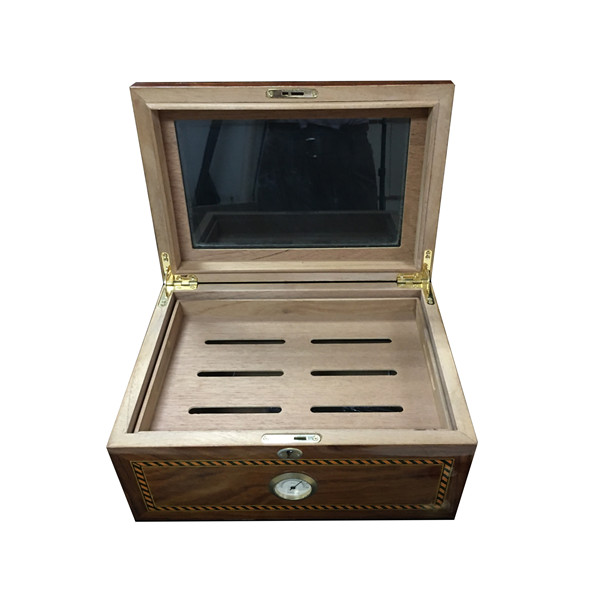Packaging is an indispensable aspect of the modern business landscape, encompassing a myriad of functions and considerations that play a pivotal role in the success of a product. From safeguarding items to captivating consumers and embracing sustainability, packaging has far-reaching implications for businesses and consumers alike. In this article, we will explore the multifaceted significance of packaging and delve into essential aspects such as packaging materials, types, functions, trends, choosing a packaging supplier, and the rise of eco-friendly packaging.
Packaging materials form the bedrock of any packaging solution, providing the essential physical protection and presentation for the product. The choice of packaging material can greatly influence the durability, visual appeal, and environmental impact of the packaging. Common packaging materials include cardboard, paperboard, plastic, glass, and metal, each offering distinct advantages and considerations.
Cardboard and paperboard are widely used for their versatility, recyclability, and printing adaptability, making them ideal for a range of products, from food items to electronic devices. Plastic packaging, on the other hand, offers durability, flexibility, and transparency, but has come under scrutiny for its environmental impact. Glass and metal packaging provide premium aesthetics and excellent barrier properties for preserving product integrity, although they tend to be heavier and more expensive.

Different products require different packaging types to ensure optimal protection, functionality, and consumer appeal. The diverse range of packaging types includes boxes, bags, bottles, cans, pouches, and trays, each serving specific functions and catering to various industries.
Boxes and cartons are versatile and customizable, making them suitable for a wide array of products. Bags and pouches offer convenience and flexibility, particularly in the food and beverage industry. Bottles and cans are often used for liquids and beverages, providing airtight seals and protection from contamination. The choice of packaging type should align with the product's requirements, brand image, and consumer expectations.
The primary function of packaging is to safeguard the product during transportation, storage, and handling. However, packaging extends beyond protection to serve as a vital marketing tool and provide convenience to consumers.
The visual appeal of packaging design, color schemes, and imagery can effectively communicate brand identity, values, and message, influencing consumer purchasing decisions. Clear and accurate labeling on packaging provides essential information such as ingredients, usage instructions, and nutritional facts, enabling consumers to make informed choices. Moreover, packaging that enhances convenience through features like resealability and portion control can elevate the consumer experience and drive brand loyalty.
The landscape of packaging is constantly evolving, driven by technological advancements, changing consumer preferences, and environmental imperatives. Emerging trends in packaging encompass a wide range of innovations, from smart packaging and minimalistic designs to sustainable materials and personalized packaging.
Smart packaging, incorporating features like QR codes and near-field communication (NFC) tags, enables interactive consumer experiences and real-time product information. Minimalistic designs emphasize simplicity, eco-friendliness, and reduced material usage, reflecting the shift towards sustainable and minimalist lifestyles. Sustainable packaging materials, such as biodegradable plastics, compostable packaging, and recycled materials, are gaining traction as businesses and consumers prioritize environmental responsibility.
Selecting a reliable and competent packaging supplier is integral to ensuring high-quality packaging solutions that meet the unique requirements of a product and brand. When choosing a packaging supplier, businesses should consider factors such as expertise, reliability, production capabilities, quality control, and cost-effectiveness.
An experienced packaging supplier with a proven track record in the industry can offer valuable insights and guidance in selecting the most suitable packaging solutions. Production capabilities and quality control measures are crucial for ensuring consistency and adherence to regulatory standards. Additionally, a cost-effective partnership with a packaging supplier can contribute to overall business success and competitiveness in the market.

The rising awareness of environmental issues has propelled the demand for eco-friendly packaging solutions that minimize waste and reduce environmental impact. Businesses are increasingly embracing eco-friendly packaging materials and practices as part of their commitment to sustainability and corporate social responsibility.
Eco-friendly packaging solutions encompass a spectrum of alternatives, including biodegradable plastics, compostable packaging, recycled materials, and minimalist designs that reduce material usage. By transitioning to eco-friendly packaging, businesses can demonstrate their dedication to environmental stewardship, appeal to environmentally conscious consumers, and contribute to a circular economy that prioritizes resource efficiency and waste reduction.
In conclusion, the importance of packaging transcends mere functionality, extending to branding, consumer engagement, and environmental responsibility. As businesses navigate the intricate landscape of packaging, considerations such as packaging materials, types, functions, trends, selecting a packaging supplier, and embracing eco-friendly practices are paramount in shaping a successful and sustainable packaging strategy. By embracing innovation, sustainability, and consumer-centric approaches, businesses can harness the potential of packaging as a strategic asset that resonates with consumers and contributes to a more environmentally conscious and responsible future.
We chat
